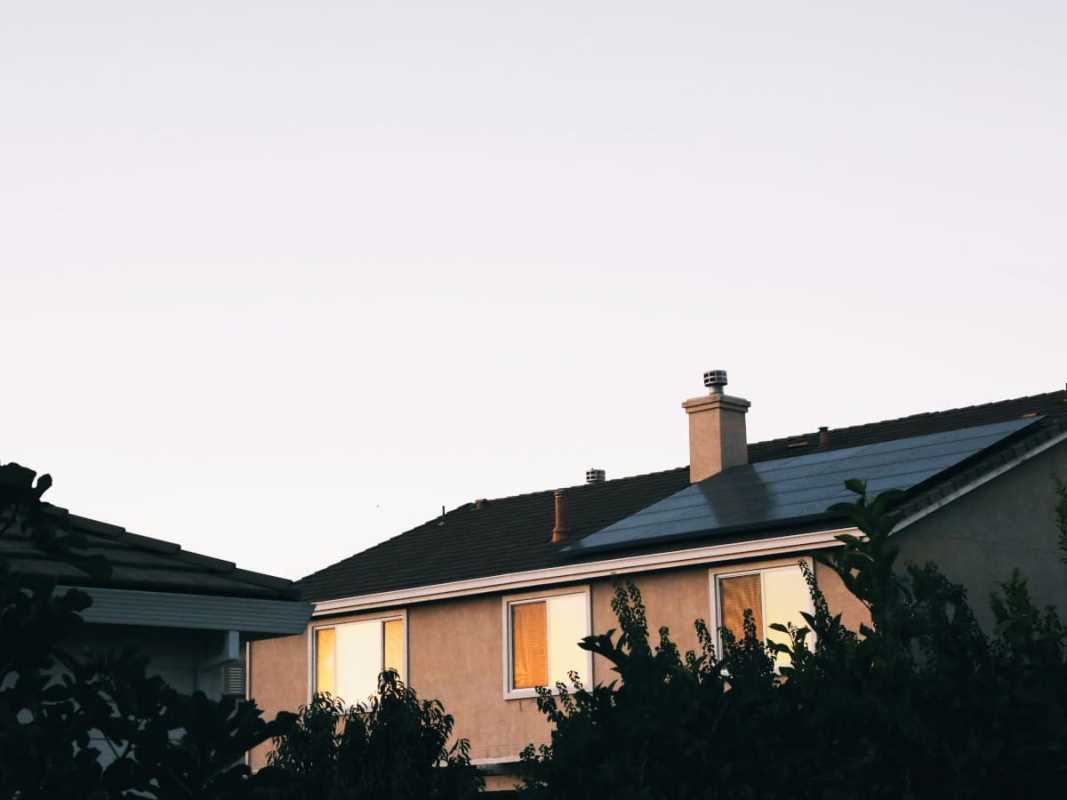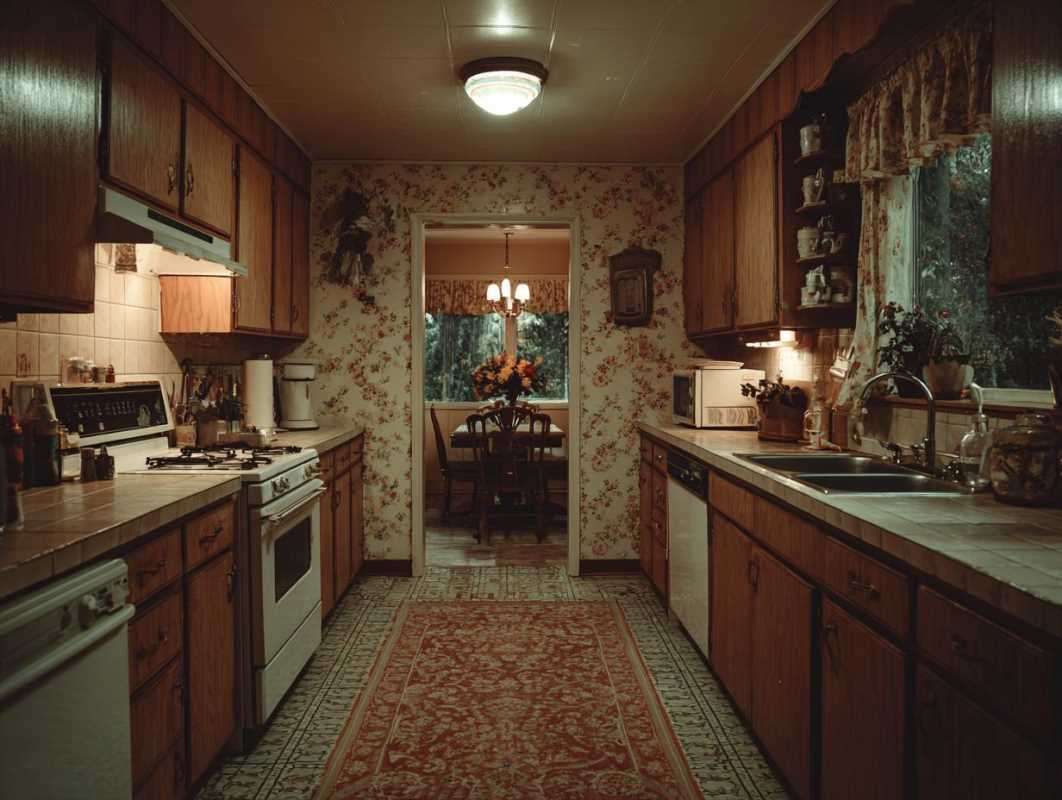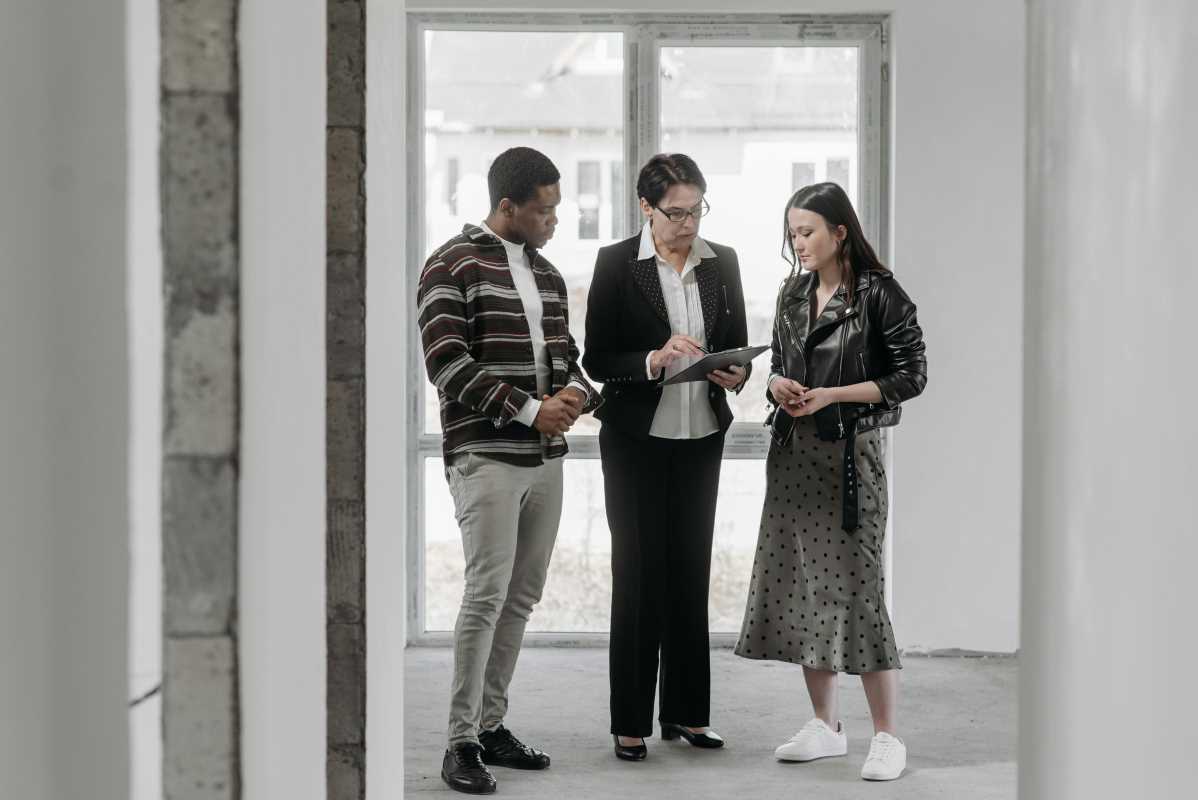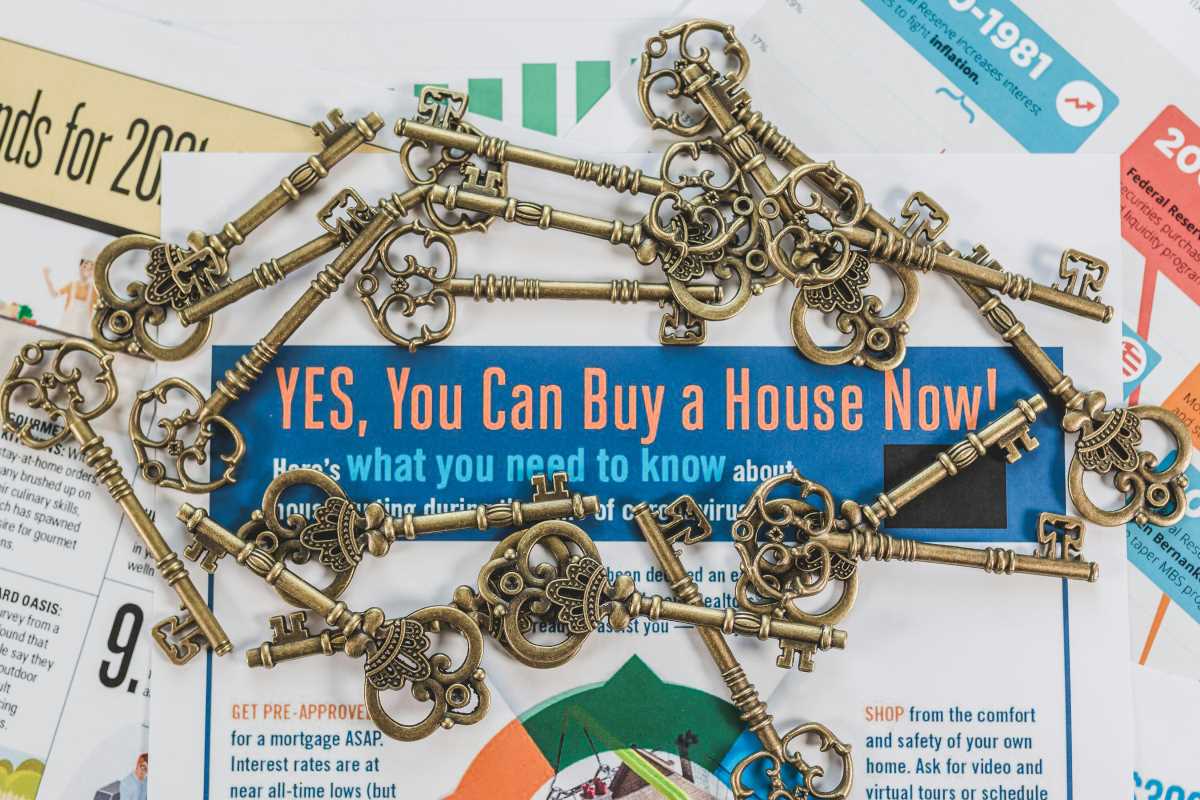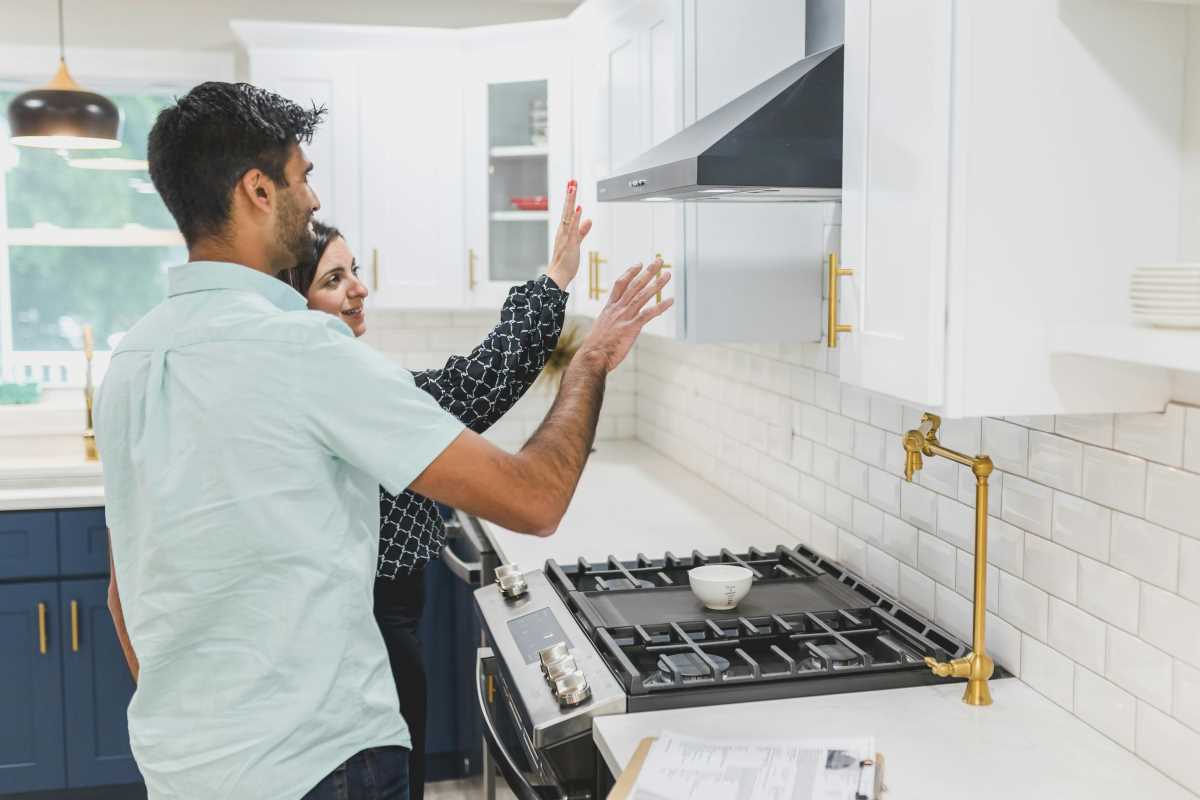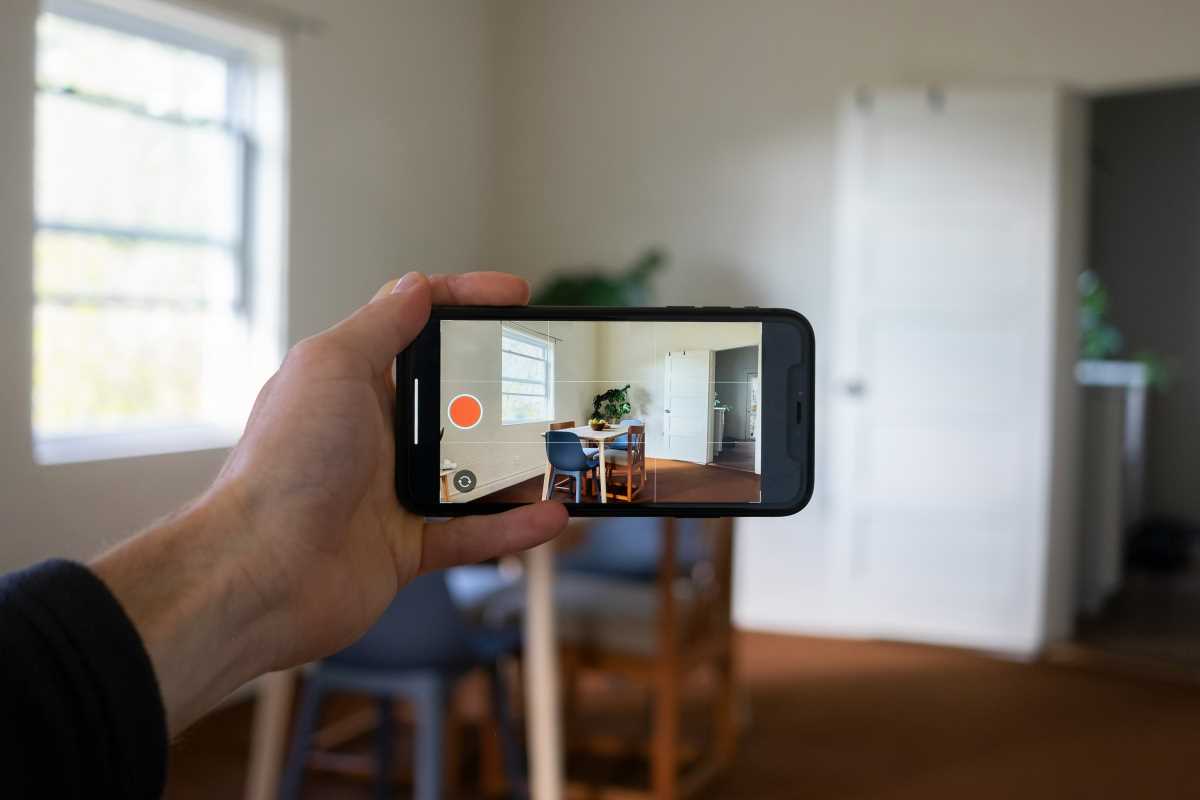When you decide to sell your home, you’ll get plenty of advice from friends, family, and the internet. It seems like everyone has an opinion on pricing, staging, and the best time to list. But beyond the usual tips, there’s a whole world of strange-but-true facts and persistent myths that can make the process feel even more confusing.
You’ve probably wondered about some of them. Do you really have to tell buyers about that time the pipes burst? What if something more… unusual happened in the house? Let’s pull back the curtain on the real estate world. We’ll separate fact from fiction and dive into some of the most interesting and little-known aspects of selling a home. It’s time to get some clear answers, so you can move forward with confidence.
The Spooky Stuff: Disclosing Deaths and Hauntings
This is one of the most common questions people are too shy to ask. What do you have to disclose about a home's past, especially if it's a bit grim?
Fact: You might have to disclose a recent death.
Laws about disclosing deaths in a property vary a lot from state to state. In some places, like California, you must disclose any death that occurred on the property within the last three years. In other states, like Texas, you generally don't have to disclose a death from natural causes, suicide, or an accident unrelated to the property's condition.
The important thing to remember is that if a death was caused by a material defect in the home (like faulty wiring), that defect must always be disclosed. It's always best to ask your real estate agent about your state's specific laws. Being upfront can save you from legal trouble later on.
Myth: You have to disclose that a house is haunted.
This is a fun one! The idea of a "haunted house" disclosure is mostly a real estate legend. Most states do not consider a paranormal presence to be a "material fact" that affects the property's physical condition. So, legally, you're usually not required to tell buyers if you think your home has a ghostly resident.
On the other hand, there is a famous exception. In a 1991 New York case, a court ruled that because the seller had previously advertised her home as being haunted, she couldn't deny it to an unsuspecting buyer. This is what's known as a "stigmatized property." If a home has a reputation that could affect its value, it's often best to be transparent. Honesty is always a good policy.
Myths About Pricing and Offers
Getting the price right is one of the most stressful parts of selling. Let's clear up some common myths.
Myth: You should price your home high to leave room for negotiation.
This is one of the oldest and most damaging myths in real estate. It seems logical, right? Start high, and you'll have space to come down. But this strategy almost always backfires. Today's buyers are incredibly savvy. They have access to tons of online data and know what similar homes in your area have sold for.
If your home is overpriced, many buyers won't even bother looking at it, let alone make an offer. The first few weeks on the market are your most critical window of opportunity. An accurately priced home will attract serious buyers from the start, often leading to multiple offers that can drive the price up naturally.
Myth: The first offer is never the best offer.
It’s easy to get excited and think that if one offer came in quickly, more will follow. So, you might be tempted to reject the first one and hold out for something better. This can be a big mistake. A strong offer right out of the gate is often from a well-prepared buyer who has been watching the market closely and knows what they want.
They are motivated and ready to go. Waiting for a "better" offer that may never come can lead to your house sitting on the market longer, which can make future buyers suspicious. Always evaluate every offer based on its own merits, not on the hope of what might come next.
Surprising Truths About Showings and Staging
How your home looks to buyers is a huge deal. Here are some facts you might not know.
Fact: Bad smells are a bigger deal-breaker than you think.
You might have gotten used to the smell of your beloved pets or that spicy dish you cooked last night, but a potential buyer will notice it immediately. A survey by HomeLight found that smells from pets and smoke can decrease a home's value by up to 30%.
Before any showing, air out your home completely. It’s not enough to spray air freshener; you need to address the source. Deep clean carpets, wash curtains, and maybe even have the air ducts cleaned. A clean, neutral scent makes a much better first impression.
Fact: Buyers will open your closets and cabinets.
It’s true! When people are touring a home, they are trying to imagine their life there. That means they want to know if there's enough storage space. They will absolutely open your closets, kitchen cabinets, and pantry.
If your closets are stuffed to the brim, it sends a message that the home lacks storage. Before you start showing your home, it's a great idea to declutter your storage spaces. Aim to have them about half-full. It makes the closets and cabinets look much more spacious and appealing.
Myth: You don't need to stage an empty house.
Some sellers think that an empty house allows buyers to use their imagination. In reality, the opposite is often true. Empty rooms can look smaller than they are, and buyers can have a hard time figuring out how their furniture would fit.
Even minimal staging can make a world of difference. Renting a few key pieces of furniture to define the living room, dining area, and primary bedroom helps buyers understand the space and its potential. It gives them a sense of scale and helps them form that crucial emotional connection to the home.
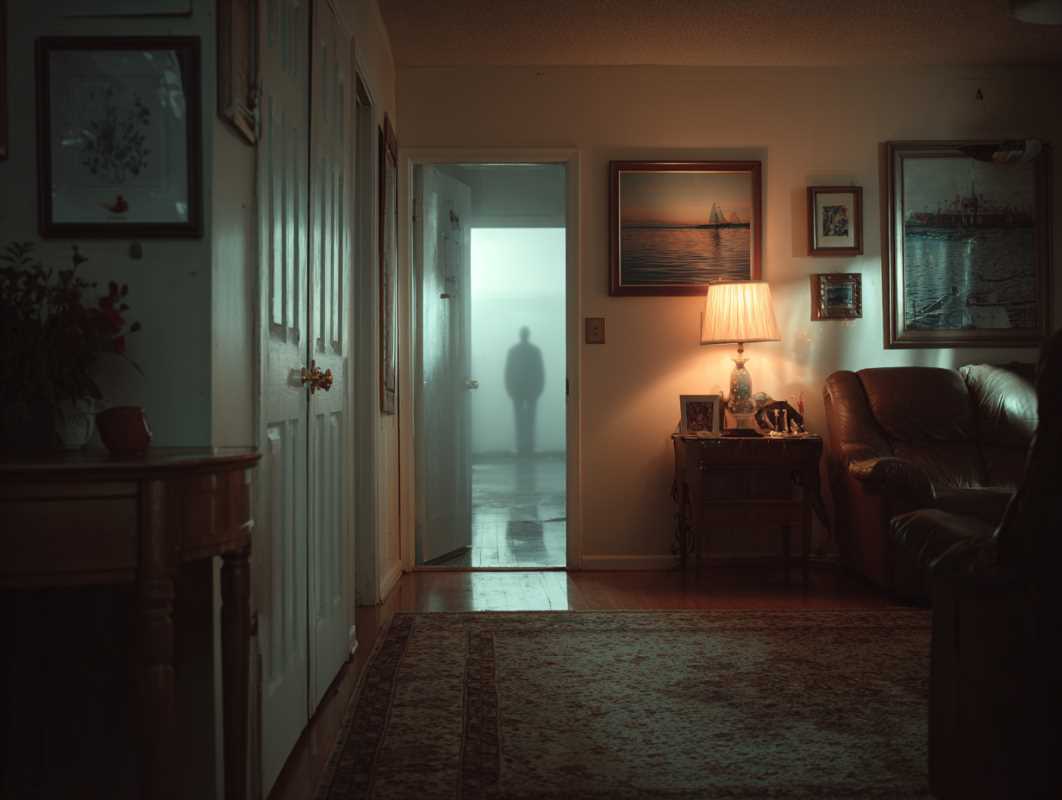 (Image source: Midjourney)
(Image source: Midjourney) 